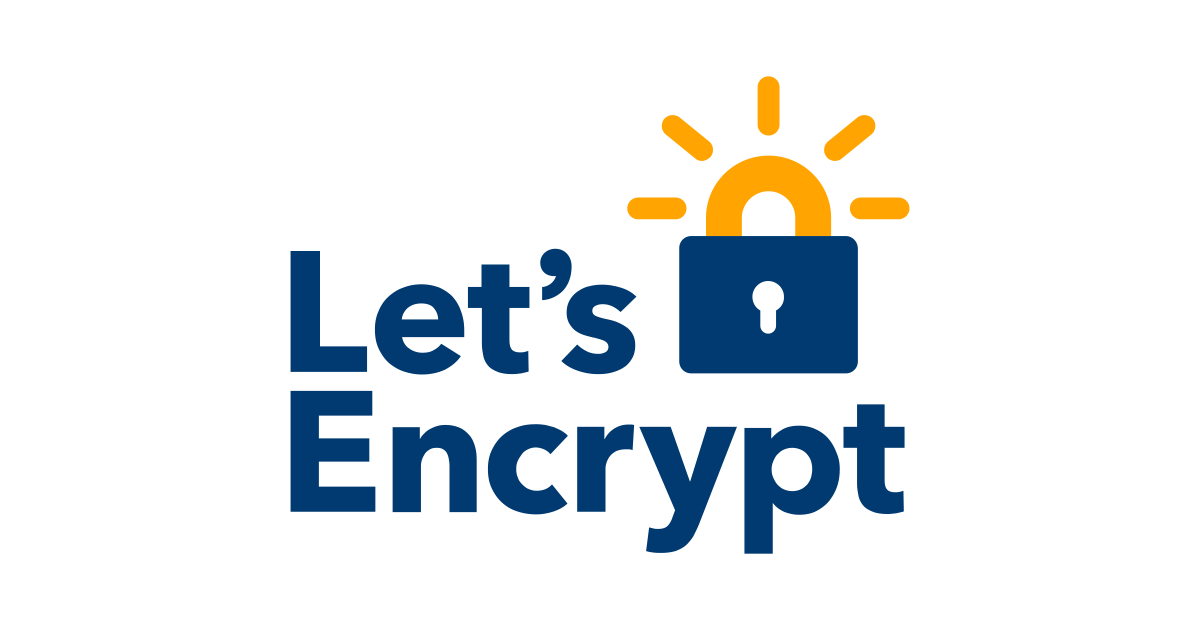

I once had a similar issue, caused by the keyboard layout in the os installer (when I defined the password) being different from the keyboard layout used for unlocking the drive. I quickly leaned to type my password in qwerty on my azerty keyboard and all is fine now.
Another similar thing I’m thinking about is trying with caps lock, as you may have had it on when defining the password









https://github.com/atuinsh/atuin is a great tool to manage and search your shell history. I especially enjoy it being able to search commands based on the working directory I was in when I ran them.
It also has more features (which I don’t use) to manage dotfiles and sync shell history across hosts/devices.